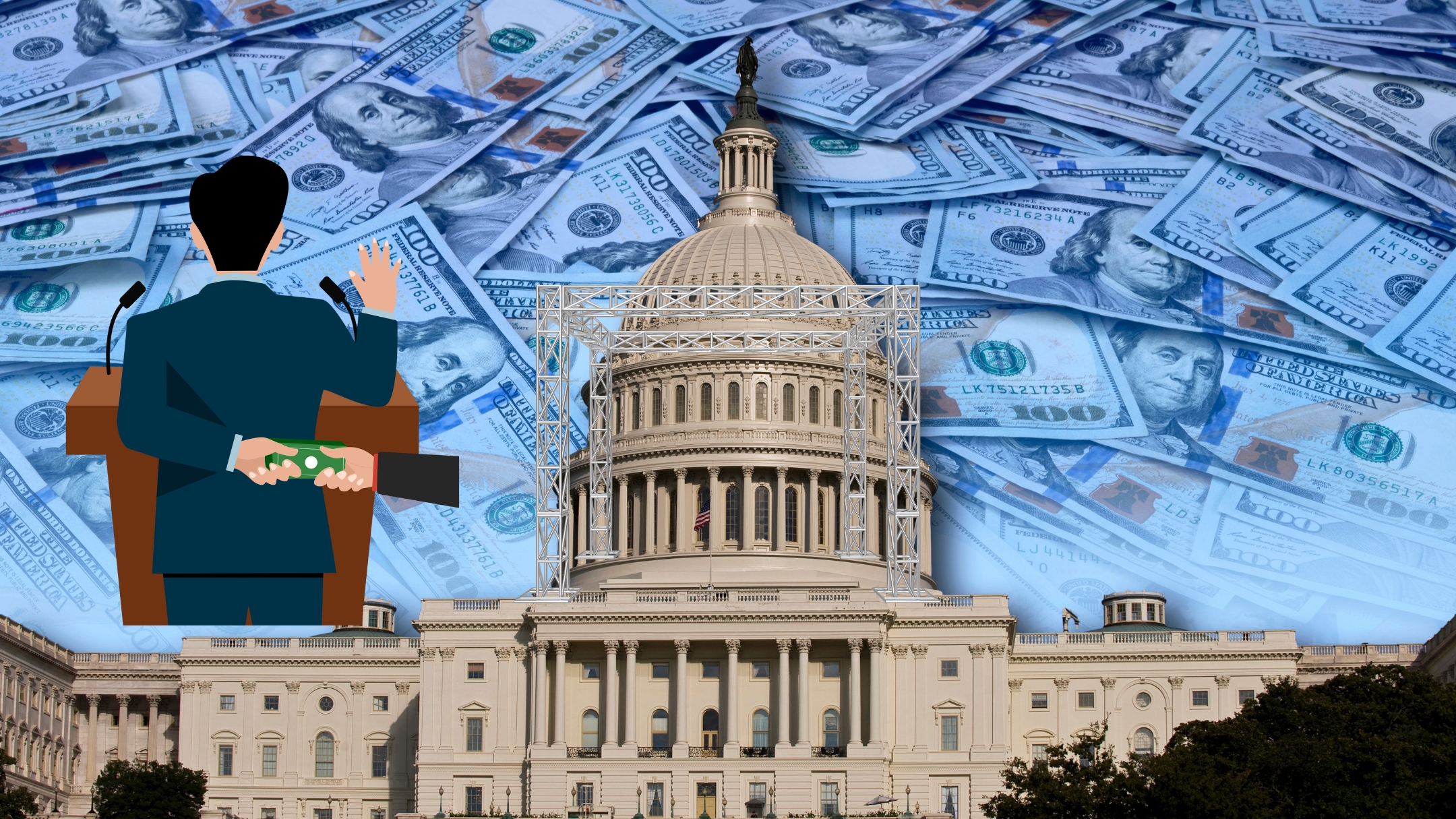Was Truss on the money?

In 2021, the shadow chancellor Rachel Reeves Was Truss on the money warned that the “greatest cost to public finances, as well as to our planet” would result from putting off action to combat climate collapse. She assured viewers that the Labour Party would not “shirk our responsibility to future generations.” Hence, the commitment to investing £28 billion annually in environmentally friendly projects. Even if this isn’t enough, at least the plan was to boost spending annually for five years. The European Union’s European Green Deal and the Biden administration’s Inflation Reduction Act acknowledge the magnitude of the problem and the critical importance of public sector infrastructure investment; the United Kingdom would adopt these policies. The unexpected U-turn by Labour at the beginning of March occurred in light of Reeves’ promise.
The Conservatives would have “spent all the money and maxed out the country’s credit card,” according to Labour’s Darren Jones, who made the statement on television. When you consider that the UK spends almost £10 billion on pet food annually, you’ll see that Sir Keir Starmer’s announcement of less than £5 billion would likely be less than half of the initial figure. Why did the Labour Party withdraw this crucial economic and environmental policy?
Politics Of Money

The politics of money appears to have been the obstacle. We should travel in time to the prime ministership of Liz Truss. Economically, Truss’s platform revolved around the idea that tax cuts could finance a more significant national debt. Trussonomics was laid to rest in October 2022. By staying out of the gilts market, the Treasury had undermined Truss. Just a chance occurrence? Possibly yes.
Economic policies were the attacks’ main target, ultimately leading to Was Truss on the money ouster. The argument against her mini-budget was that it would increase the public deficit—the gap between government expenditure and tax revenues—by cutting taxes for the wealthy. Theoretically, if the deficit were to rise, people would lose faith in the government’s ability to handle public funds, leading to increased interest rates and, ultimately, the possibility of state bankruptcy for the United Kingdom. Even though this whole sequence of events was wholly fabricated and supported by no evidence, the public, lawmakers, and media all fell for it.
The Ideas Of Margaret Thatcher
Margaret Thatcher’s views and the concept of “taxpayer money” shaped the public discourse surrounding money in the United Kingdom. She was known for her famous joke about how there would be solely taxpayer funds and no public funds. Even though the inverse is correct (refer to the “Funny Money” box), the public was led astray. Thatcher rallied support for privatizing the UK around her money policies, which are unfounded by scholarly literature. Her sales targets were public assets, such as energy infrastructure and trains. That is why the notion of public funds originated with her. Assuming that, like all citizens, the government would need financial resources.
Since then, the public’s discussions about budgets and money have been dominated by the myth of taxpayer money. Clever manoeuvring led to Truss’s money downfall. Nothing noteworthy happened in the world of finance. In actual political events, we saw a prime minister resign for “problems” in the public budget. That is why workers are so nervous. They worry that the Conservatives will try to “prove” that the Green Prosperity Plan would cause the nation to go bankrupt and increase interest rates by playing with taxpayer funds.
Labour Party

Two paths were open to the Labour Party. First and foremost, we should hire economists to educate the public about the inner workings of public finances. We can then hope that the results will persuade the voters. Second, regardless of the cost to the Green Prosperity Plan, they should abandon the policy, remain silent, and adhere to the budgetary constraints imposed by the taxpayers. It appears that the labour force has chosen option two.
Those in Labour who hope to seize power may find this a wise move, but it will have devastating consequences for the environment and future generations. The industrial strategies of the United States, China, Japan, and the European Union have been gaining momentum, which is terrible news for the British economy.
Public Investment In Other Countries

The British economy will lag behind other countries if it does not match foreign public investments with domestic investments. By 2047, South Korea will have spent $470 billion on semiconductors. When compared, the UK will fall behind in innovation if it invests only half of what it spends on pet food. It might further deindustrialize the nation, throw the job market into chaos, and leave the UK reliant on imports.
Many Americans are familiar with the inner workings of the currency system. The government does not have a credit card, a magic money tree, taxpayer funds, or the option to declare involuntary bankruptcy in its currency. The Biden administration decided to increase spending instead of taking some analysts’ recommendations and decreasing government spending to combat inflation. The end consequence was a manufacturing output and employment surge, a record-low inflation rate, and increased private investment. It would appear that Abenomics is the way to go.
The Monetary System Is Essential For Public Policy-Making
When making decisions about public policy, it is crucial to have a firm grasp of the monetary system. Its foundation, Modern Money Theory, provides a framework for understanding the primary tools of economic policy via an accounting-based perspective on financial operations. We shall evaluate the next Labour administration based on the outcomes of its policies, not on how well they align with Margaret Thatcher’s principles.
More money won’t fix everything, but it will help direct resources where they need to go, which is essential for many issues. One such issue is climate change, which calls for urgent public green investment. As the social democrat-led German government has demonstrated, fiscal discipline takes precedence over addressing actual problems. The party has been crushed in municipal and regional elections, mainly by the far right, since its last election, when it received 25.7% of the vote. Now, it is polling at about 15%.